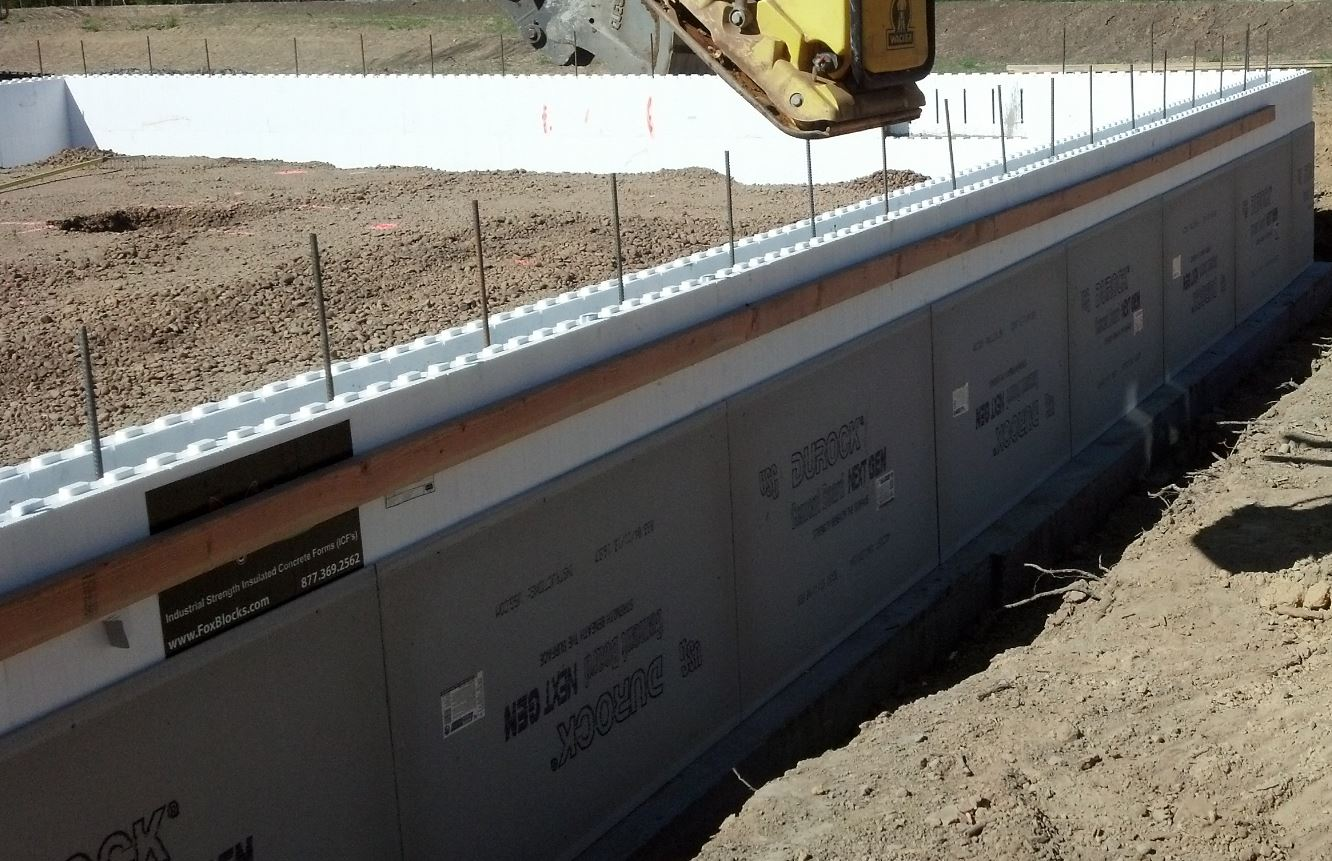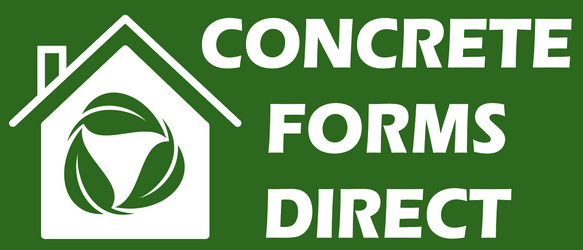
Unveiling the Truth: Do ICF Insulated Concrete Form Blocks Offgas?
In the world of construction and sustainable building practices, Insulated Concrete Forms (ICFs) have gained increasing popularity for their energy efficiency and structural benefits. As more individuals embrace environmentally conscious choices in construction, questions about potential offgassing from building materials become a common concern. In this blog post, we'll delve into the question of whether ICF insulated concrete form blocks offgas and explore the factors contributing to their overall indoor air quality.
Understanding Insulated Concrete Forms (ICFs):
ICFs are a construction material known for their exceptional insulating properties, durability, and ease of use. These forms consist of two panels, typically made of expanded polystyrene (EPS) or other insulating materials, held together by a series of connectors. Once assembled, these forms create a mold that is filled with concrete, resulting in a structurally sound and well-insulated wall.
What is Offgassing?
Offgassing is the release of volatile organic compounds (VOCs) or other chemicals from a material into the surrounding air. It is a common concern in construction materials, as prolonged exposure to VOCs can impact indoor air quality and human health.
ICF and Offgassing:
ICFs themselves are not known for significant offgassing. The primary components of ICF blocks, such as EPS foam, have undergone extensive testing for emissions and are generally considered safe for indoor use. EPS foam is widely used in various applications, including food packaging, and is known for its low toxicity.
However, it's important to note that while ICF blocks may not offgas significantly, other materials used in the construction process, such as adhesives, sealants, or finishes, can contribute to overall indoor air quality. Therefore, it's crucial to consider the entire construction system and choose low-VOC or VOC-free products when applicable.
Regulations and Certifications:
In the construction industry, various certifications and standards exist to ensure the safety and environmental performance of building materials. Before choosing ICF blocks or any construction material, it's advisable to look for certifications such as GREENGUARD, which focuses on indoor air quality, or ENERGY STAR for energy efficiency. These certifications provide assurance that the materials meet specific environmental and health standards.
Conclusion:
In conclusion, ICF insulated concrete form blocks themselves are not known for significant offgassing. The primary materials used in ICFs, such as EPS foam, have a history of safety in various applications. However, it's crucial to consider the entire construction system and select low-VOC or VOC-free products for other components. Adhering to recognized certifications and standards will further ensure that the construction process prioritizes both structural integrity and indoor air quality. As the construction industry continues to evolve, the use of sustainable and low-impact materials like ICFs plays a vital role in creating healthier and more energy-efficient buildings.
